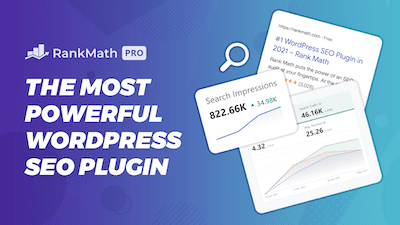As an SEO, I often find myself exploring the depths of search engine optimization techniques. Recently, I came across an insightful article on Search Engine Journal by Matt Sutherland that caught my attention.
In this blog post, I’ll delve into the world of Google’s FAQ schema markup, a powerful tool that can potentially boost your website’s visibility on search engine result pages (SERPs).
What is Schema Markup?
For those unfamiliar, schema markup provides search engines with essential information on how a webpage’s content should be rendered or understood. It plays a crucial role in ensuring that your website’s information is accurately displayed on search engine result pages.
Transforming FAQs into Schema Markup
By turning your frequently asked questions (FAQs) into schema markup, you increase the likelihood of your content appearing in the “People also ask” section on Google. This useful tip was shared during a Google Search Central SEO Office Hours Hangout session.
How Many FAQs Should You Markup?
A question that often arises is whether to apply schema markup to all FAQs or only a select few. In a conversation with John Mueller during a hangout session, he clarified that there is no rule stating you must use schema markup on every FAQ. The key requirement is that the content should be visible on the page, but not all visible content needs to be marked up with structured data.
Customizing Your Schema Markup
You have complete control over which content on your page gets structured data. If you have 24 FAQs and only want to markup five, that’s entirely up to you. Moreover, you can use the “data-no-snippet” HTML attribute to prevent specific content from appearing in snippets on search results.
Are you a visual learner? Then, check out my video titled “Do you need to add FAQ schema markup to all your FAQ questions?” from my YouTube channel.
Frequently asked questions (FAQ)
Do you still have questions? Below are some of the most commonly asked questions about FAQ schema.
What is the main purpose of using schema markup for FAQs on my website?
Using schema markup for FAQs helps search engines understand and display your content more effectively. This can increase the likelihood of your website’s information appearing in the “People also ask” section on Google, ultimately boosting visibility and potentially driving more traffic to your site.
Do I need to apply schema markup to all FAQs on my website?
No, you do not need to apply schema markup to all FAQs on your website. As explained by John Mueller during a Google Search Central SEO Office Hours Hangout session, you can choose which FAQs to markup with structured data. The key requirement is that the content should be visible on the page, but not all visible content needs to be marked up with structured data.
How can I prevent certain content from appearing in snippets on search results?
You can use the “data-no-snippet” HTML attribute to prevent specific content from appearing in snippets on search results. By adding this attribute to a piece of HTML, you signal to the search engine that you do not want that particular content to be displayed in a snippet, giving you more control over what is showcased on SERPs.
Conclusion
In summary, Google’s FAQ schema markup is a powerful tool that can enhance your website’s visibility on SERPs. You have the flexibility to markup as many or as few FAQs as you see fit, and even prevent certain content from appearing in snippets. So, explore this incredible technique and watch your website’s visibility soar! And if you enjoyed this post, feel free to like, subscribe, and hit the notification bell to stay updated on my latest findings in the world of digital marketing.
That concludes this article. What do you think? Let me know in the comments below (I read and reply to every comment). If you found this helpful, check out my full blog and subscribe to my YouTube channel. Thanks for reading!








